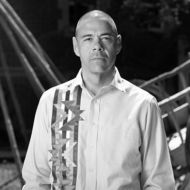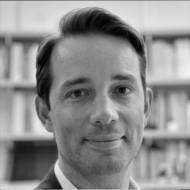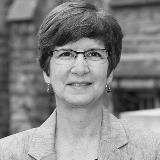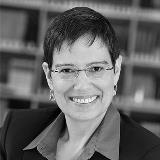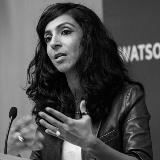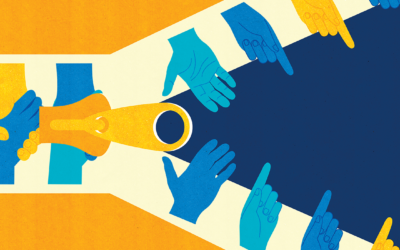Boundaries, Membership & Belonging
Is it possible to have a world without “us” and “them”?
All societies distinguish members from non-members. Indeed, evolutionary biology and psychology suggest that humans are predisposed to distinguish “us” from “them,” and the process can lead to increased trust and cooperation towards members. But it can also lead to prejudice, suspicion and injustice towards non-members.
IMPACT CLUSTERS
The Boundaries, Membership & Belonging program is part of the following CIFAR Impact Cluster: Building Thriving Societies. CIFAR’s research programs are organized into 5 distinct Impact Clusters that address significant global issues and are committed to fostering an environment in which breakthroughs emerge.
RESEARCH AND SOCIETAL IMPACT HIGHLIGHTS
Policy implications stem from new insights on racial inequality
CIFAR Azrieli Global Scholar Ellora Derenoncourt (Princeton University) and collaborators published a major paper on racial inequality through the National Bureau of Economic Research. Focusing on the wealth gap between white people and Black people, the study examines the trajectory of this racial wealth gap from 1860 to 2020 and models different policy responses to reduce that gap.
Contributing expertise to the World Development Report
Co-Director Irene Bloemraad (University of California, Berkeley), Fellow Victoria Esses (Western University), Co-Director Will Kymlicka (Queen’s University) and CIFAR Azrieli Global Scholar Yang-Yang Zhou (University of British Columbia) provided advice on a chapter of the 2023 World Development Report, the major annual policy-setting publication by The World Bank, which focuses on migrants, refugees and societies this year. Intrigued by the group’s alternative framing of the issues, The World Bank invited them to draft a complementary background paper to elaborate on their interdisciplinary insights in which they presented an alternative framework for successful global migrant integration.
Founded
2019
Supporters
BMO Financial Group
Interdisciplinary Collaboration
Political science
Law
Psychology
Sociology
Economics
History
Philosophy
CIFAR Contact



